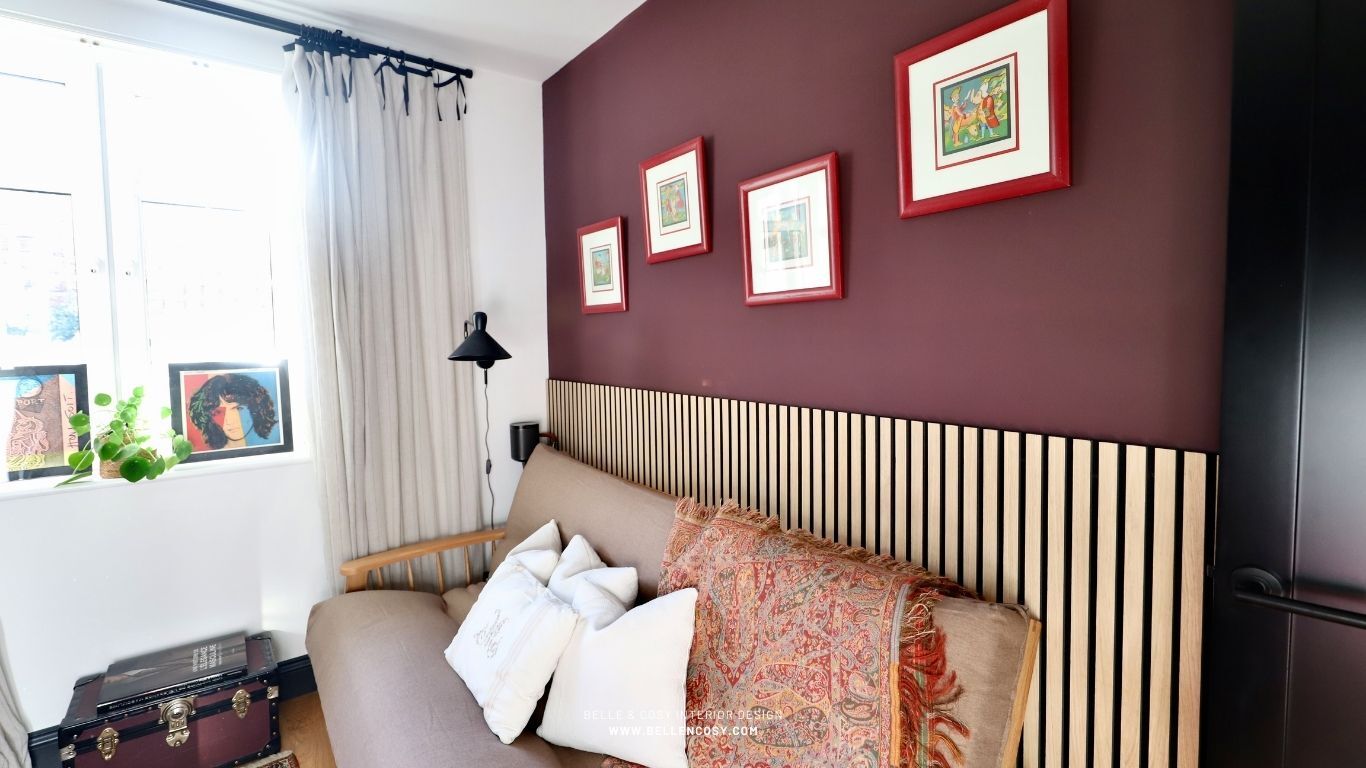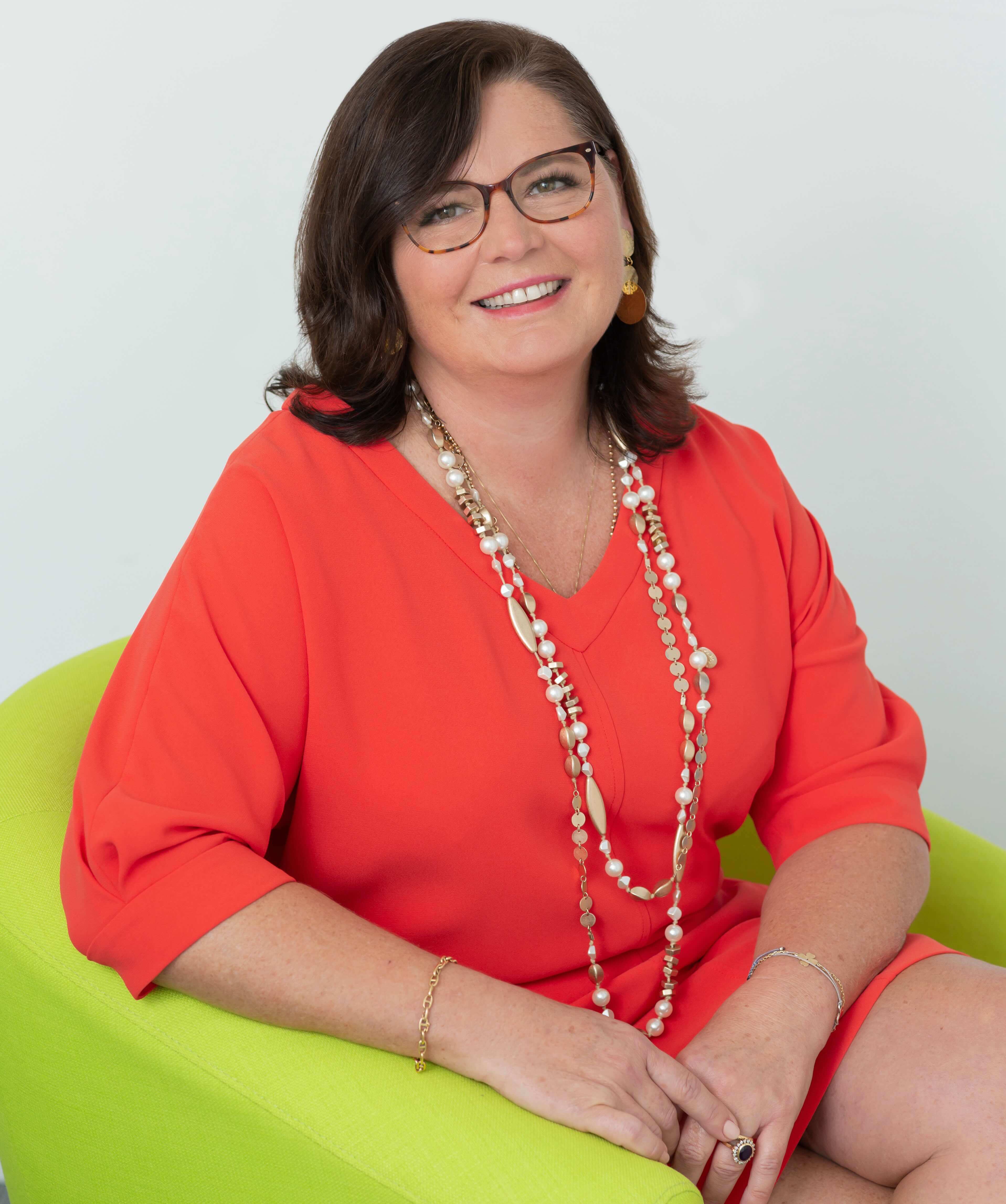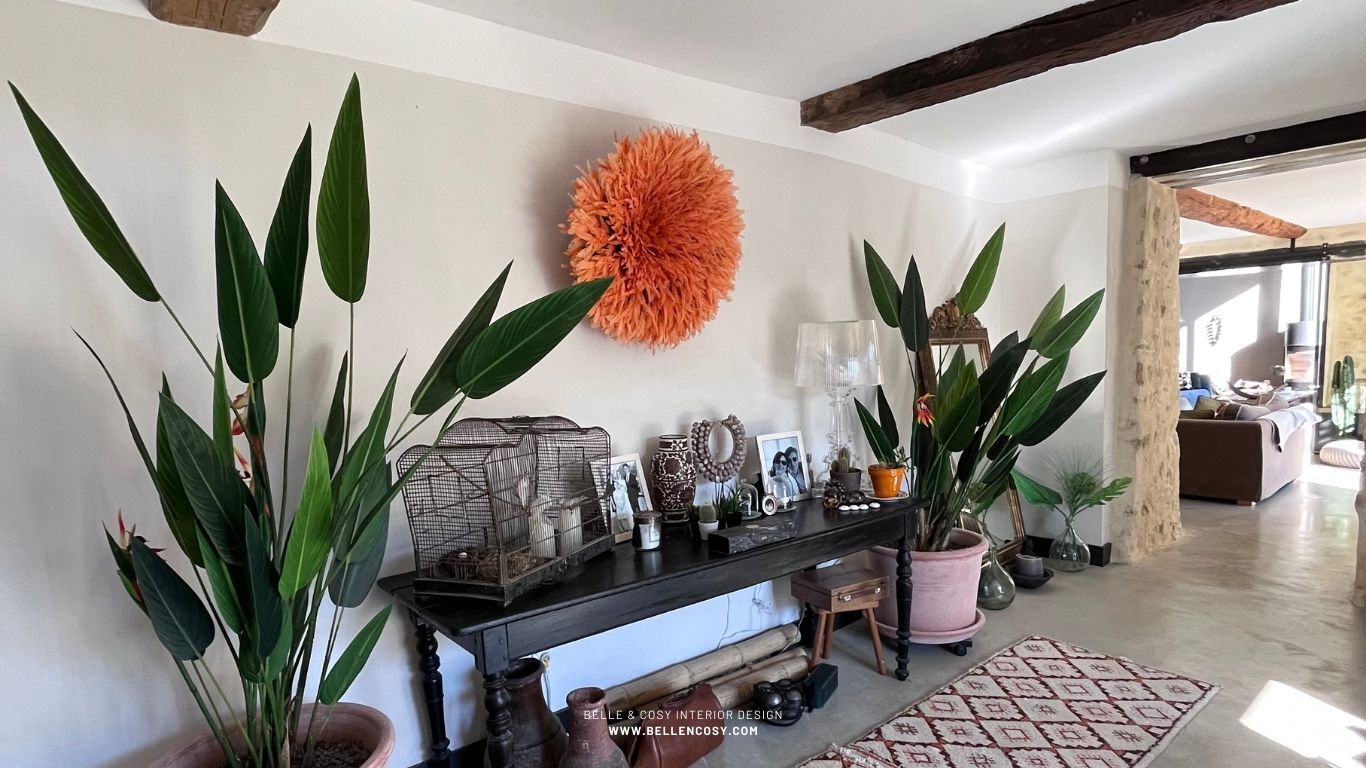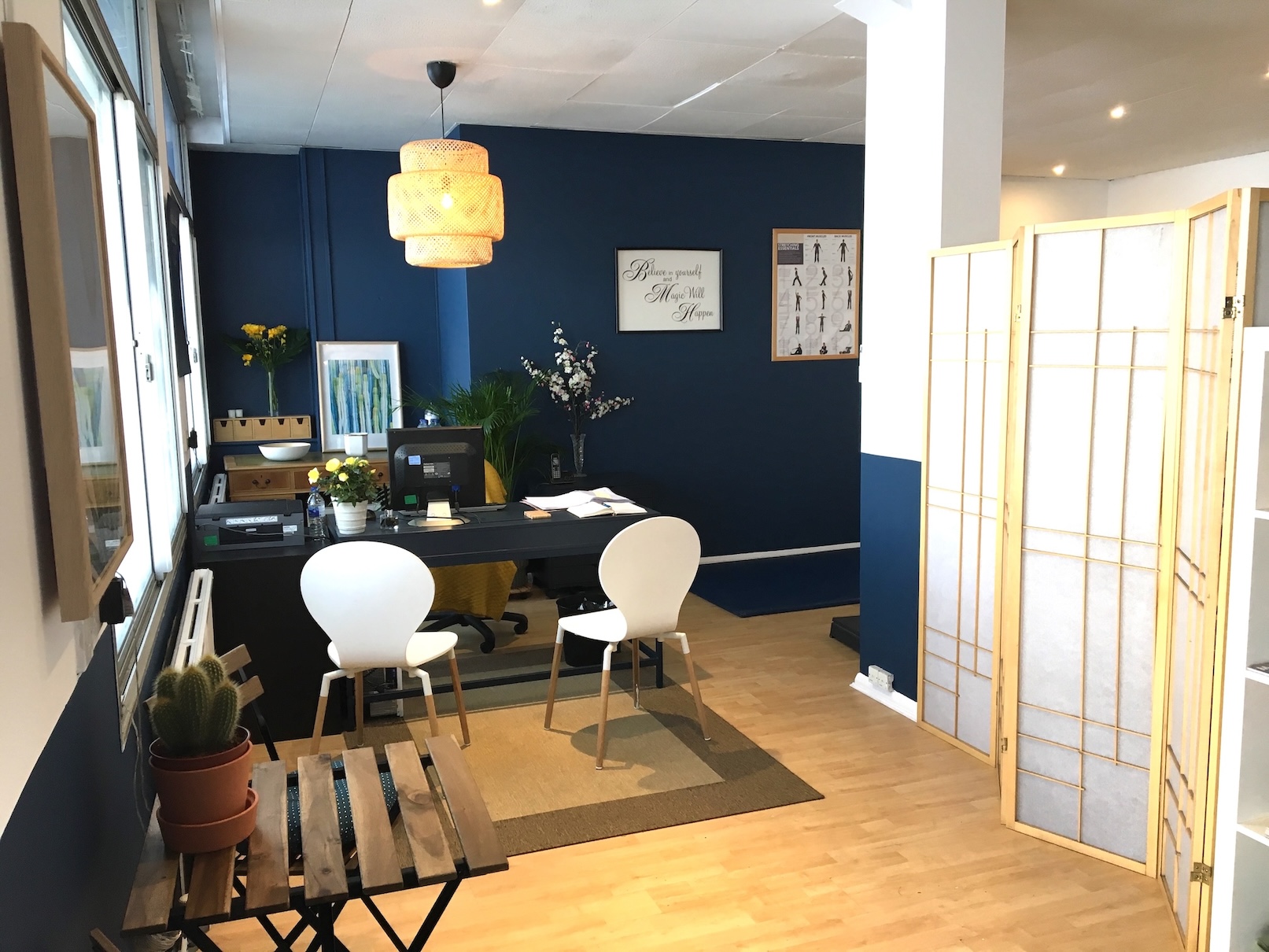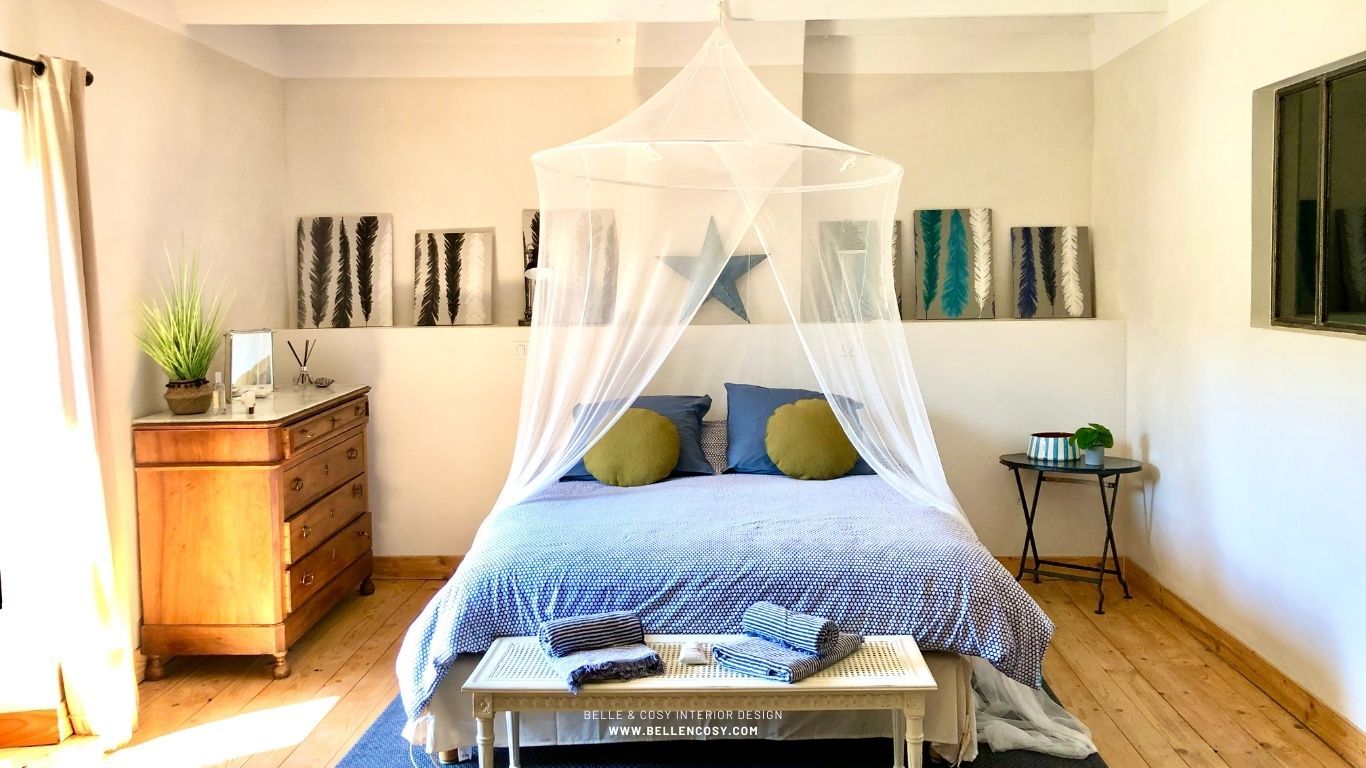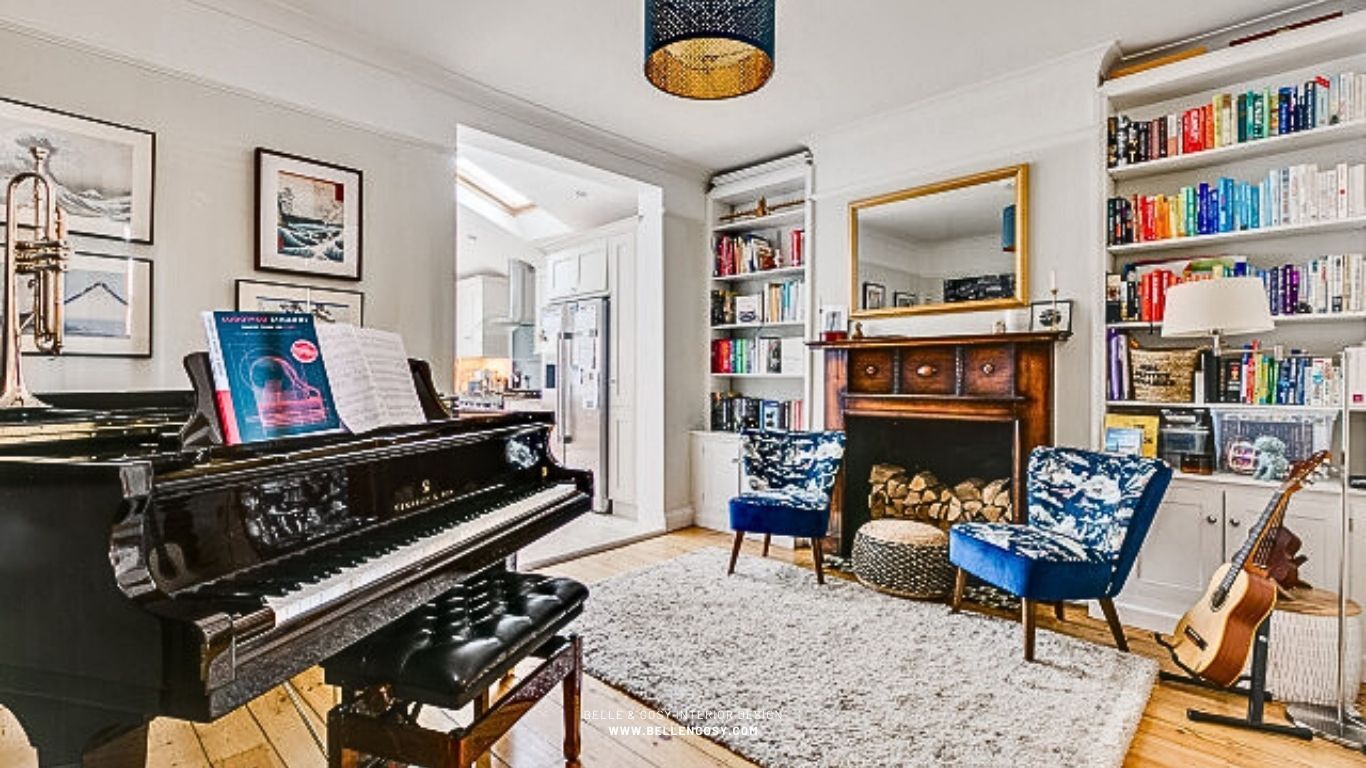Understand the emotional undertones of colour, in order to create interiors that truly reflect how you want to live and feel.
Colour isn’t just a design choice—it’s an emotional language. Used thoughtfully, it can calm, energise, nurture or inspire. And when we understand the emotional undertones of colour, we can create interiors that truly reflect how we want to live and feel.
1. Colour as a mirror
Each person has a unique emotional response to colour, often tied to culture or memory. Soft blues might remind one person of a childhood bedroom, while for another it might conjure up seaside holidays. That’s why colour should always start with you.
2. The psychology of hues
-
Blue: Calming, intellectual, great for bedrooms or studies
-
Yellow: Uplifting and optimistic, perfect for kitchens or north-facing rooms
-
Green: Balancing and restorative, ideal for living rooms or bathrooms
-
Red: Passionate and energising, best used sparingly or in social spaces
-
Neutrals: Versatile and grounding, but add texture to keep them interesting
3. Cultural layers
As a French designer, I see colour through a cultural lens. In Provence, sun-bleached ochres and olive greens feel like home. In Morocco, it’s all about terracotta, cobalt and spice. If you’ve lived globally, let your walls tell that story.
4. Designing for emotion
Ask yourself: How do I want to feel in this room? Joyful? Grounded? Inspired? Then let colour lead. A joyful space might benefit from unexpected pairings—a raspberry sofa against mustard walls. A calming space might favour sage, sand and shell pinks.
5. Embrace imperfection
No palette is perfect. Don’t fear contrast, or the occasional clash. Colour is meant to feel alive, not airbrushed. Some of the most memorable homes I’ve worked on had colours that shouldn’t have worked, but did—because they meant something.
Belle & Cosy Interior Design: Creating joyful retreat using colour
In a recent project, I helped a client transition her living room into a space of joyful retreat using rich teals, orange velvet and olive green accents—a far cry from the beige she had lived with for years. Another family wanted their conservatory to feel like a summer escape year-round, so we layered fresh greens and Mediterranean blues. These colour stories are not just aesthetic choices; they reflect emotional needs.
If you're curious about the colours that could transform your space, let’s explore them together.
